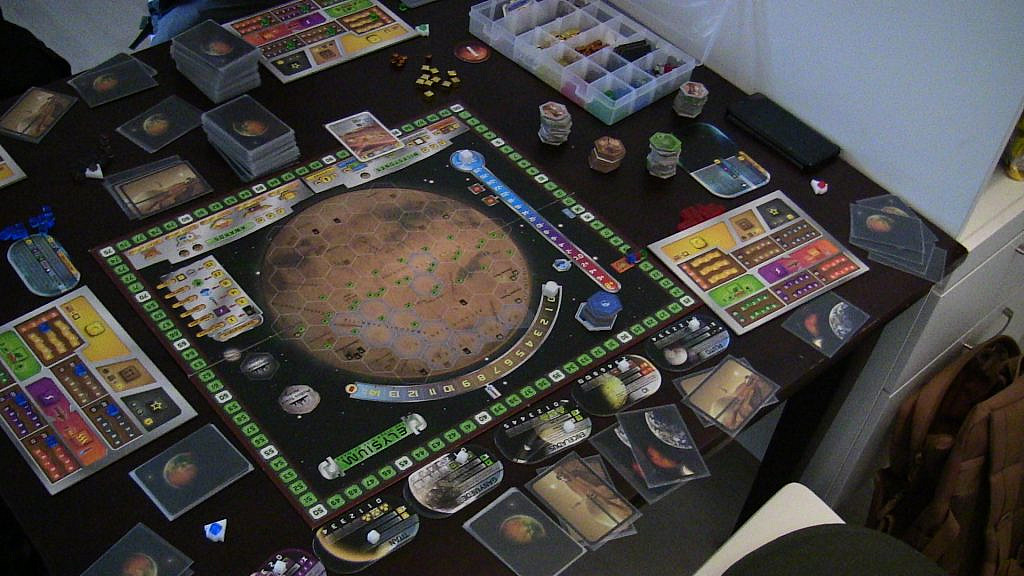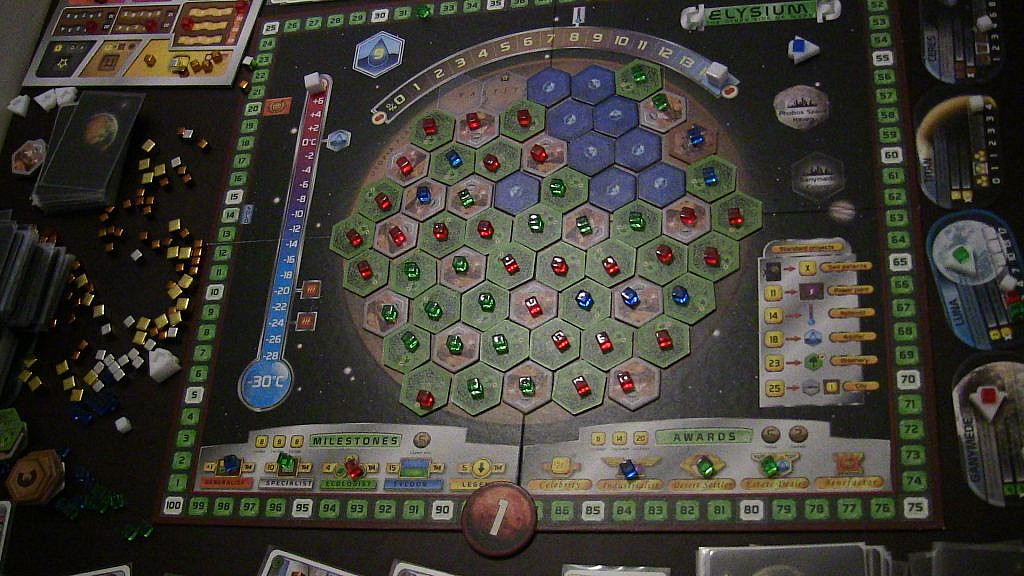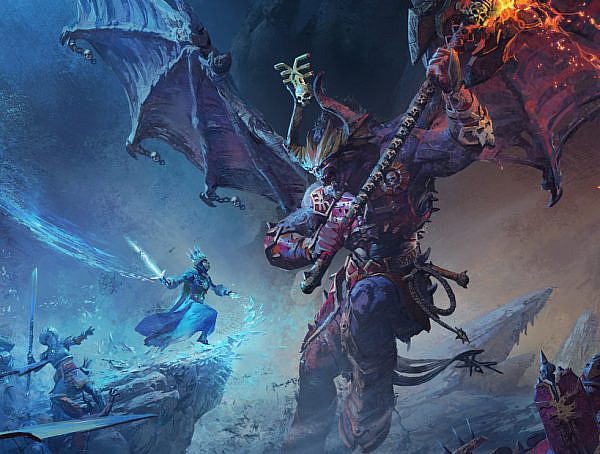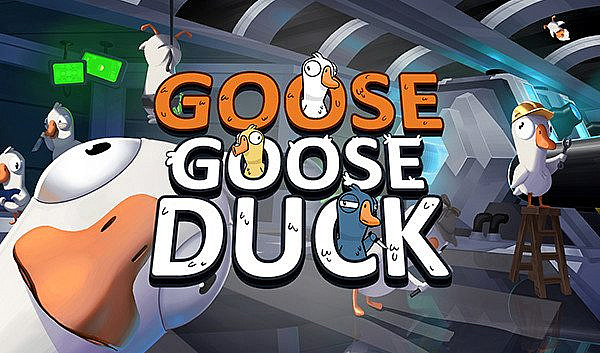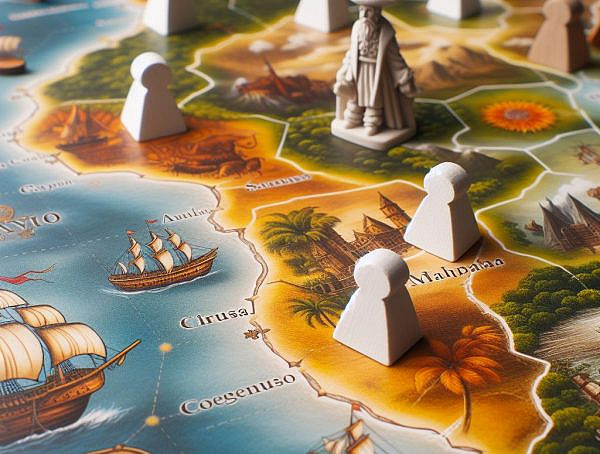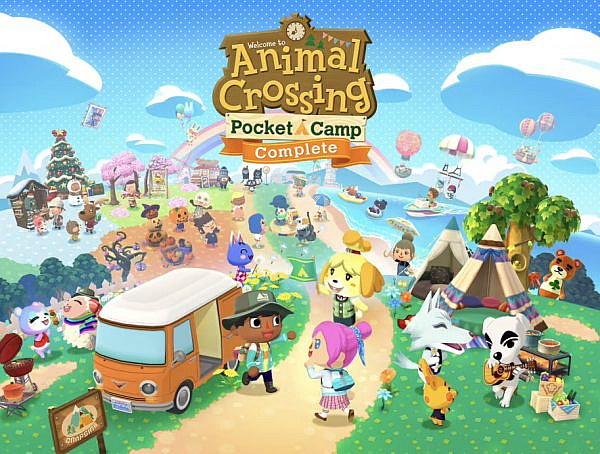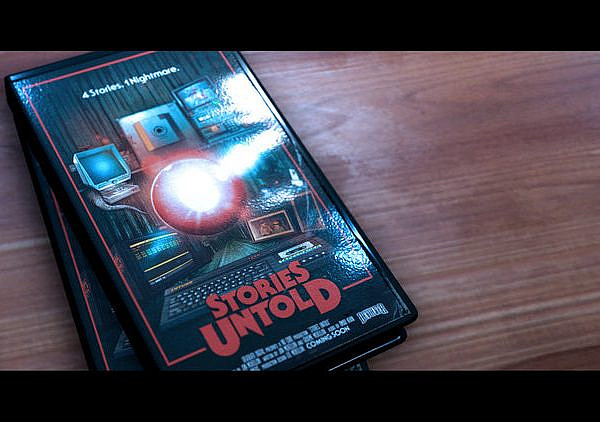Terraforming Mars is a board game where the players’ objective is to make Mars habitable. The theme is very central: a game ends when the planet’s temperature and oxygen levels have been increased and when all sea tiles have been placed on the game map. At the start of each game, players choose their corporations from a randomized pool. This can define their strategy, as different corporations give different bonuses and therefore motivate certain playstyles.
The game consists of generations, which consist of player turns. A generation ends when all players have passed, indicating they no longer can or want to act. Between generations, production is calculated, and players gain resources for the next generation. Using these, two actions can be taken during each turn. These actions include playing cards from the hand, creating tiles on the game map such as greenery and city tiles, and funding awards that give victory points in different categories at the end of the game. Victory points can also be gained from cards, but are mainly earned by placing a lot of forests and cities in strategic locations. When all three end conditions (temperature, oxygen, and sea placement) are reached, that generation will be the last one and the game ends after final tile placements and the counting of victory points.
I have played Terraforming Mars three times now with two to three other players, and each game has taken about four hours. We have used the expansions Prelude and Colony as well as a Promo card pack, so I do not personally know about the base game’s balance. To my understanding, expansions add a lot of depth to the game and while they provide new strategies through mechanics and cards, they also fix earlier balance issues, even decreasing the power of basic cards. However, I would imagine that even the base game works well enough, and is the best place to start for newcomers due to the limited amount of mechanics.
Game balance, to me, feels fine if the players understand some basic principles. I had a great start to a game when I increased my money production by a great amount, but ended up losing badly due to not claiming enough tiles, which is where the majority of victory points are awarded. It is very rare to win without focusing on the game map, which restricts the players if they play seriously. I won my third game by heavily focusing on plant production and creating greenery tiles. I feel that there would be potential for more strategies if the balance was tweaked just a little bit, and other expansions may fix this problem. I have only played three games so I might still get surprised by new victorious strategies.
The game has been very enjoyable for me, although it has taken some time to learn the ropes. The mechanics themselves are not super complicated, but the added difficulty of thinking about the best actions means that newcomers are probably not going to win their first games. There is a lot of planning required, which can luckily be done during other players’ turns. The game does not provide a lot of interactions between players, even though there are some rare tricks available. Players that want a very social board game experience should look elsewhere.
Overall, Terraforming Mars is a fun strategy game for players that like to plan a lot and do not mind long play sessions or a lack of interactivity with other players. The great number of playstyles make for interesting and different games every time, keeping the experience fresh and exciting. While it is certainly not for everyone, this is the most fun I have had with a board game in a long time.
Designer: Jacob Fryxelius
Publisher: FryxGames
Release date: 2016
Number of players: 1-5
Playing time: 120 min+
Ages: 12+
Photographs were taken by the author.
Featured image from Board Game Geek: https://www.boardgamegeek.com/image/3536616/terraforming-mars
You might also like
More from Game Reviews
Assassin’s Creed Odyssey- The sea breeze carries home and adventure
Let us sail the seas and scale the mountains of Greece together!
Animal Crossing: Pocket Camp but without the microtransactions?
Pocket Camp Complete is a cute and relaxing mobile game that offers the full experience with a one-time purchase.
Stories Untold – An Experimental Psychological Horror Adventure
Stories Untold is a narrative-driven horror adventure game and a truly remarkable take on the genre. The four episode anthology …







